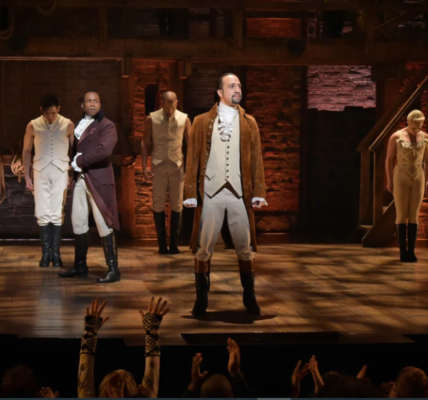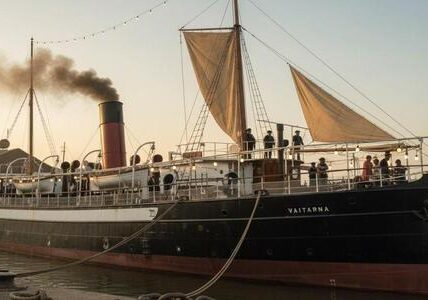
Historically, Da Nang’s cultural identity was closely tied to the broader Quang Nam region, sharing geography, traditions, and social customs. However, as Da Nang emerged as a centrally-governed city, it cultivated its own distinct cultural identity—a seamless fusion of traditional elements and modern influences.
Bai Choi: A Living Tradition
One of Da Nang’s most celebrated cultural traditions is Bai Choi, a folk art form deeply rooted in the lives of the city’s coastal communities. Distinguished Artisan Nguyen Thuc, a prominent figure in the Bai Choi community, embodies this tradition. Once a fisherman, his resonant voice and passion for folk singing led him to preserve and promote Bai Choi.
Performances of Bai Choi in Da Nang retain their traditional charm while embracing modern enhancements like improved staging, lighting, and sound effects. The art form combines poetic and earthy lyrics with unique melodies such as Ho Quang and Xang Xe. Cards with quirky names like Ba Ga (Three Roosters) and Noc Thuoc evoke laughter, adding to the entertainment’s appeal.
Artisans like Nguyen Thuc and Trinh Cong Son have also innovated to make Bai Choi more relevant. For instance, Mr. Son has infused modern messages into traditional melodies, such as health guidelines during the Covid-19 pandemic. These efforts ensure that Bai Choi remains a vital part of the community’s cultural fabric.
Whale Worshiping Festival: A Maritime Legacy
Da Nang’s coastal identity is also reflected in the Whale Worshiping Festival, a spiritual event honoring the Whale Deity, considered a protector of fishermen. This annual celebration, recognized as a National Intangible Cultural Heritage in 2019, blends solemn rituals with festive activities.
The festival in Da Nang features traditional offerings, Ba Trao chants, and lively community games like basket boat racing and tug-of-war. Unlike neighboring regions such as Hoi An, where the festival emphasizes sacred rituals near the water, Da Nang transforms it into a vibrant cultural attraction, drawing locals and tourists alike.
Researcher Tran Hong highlights the unity and diversity within the festival’s traditions. For example, Ba Trao singing incorporates narrative recitations and Southern melodies while reflecting the maritime culture of Da Nang. A preserved script from 1850, housed in the Whale Temple in Son Tra District, recounts tales of storms and prayers for divine rescue, showcasing the deep historical roots of this tradition.
Preserving and Promoting Culture
Da Nang’s cultural landscape demonstrates a commitment to balancing preservation and modernization. Initiatives to teach traditional art forms, enhance performances, and integrate contemporary themes ensure that the city’s heritage remains relevant and cherished by future generations.
By celebrating and evolving its cultural identity, Da Nang continues to craft a legacy that is both familiar and innovative—an enduring testament to the spirit of its people and their rich history.




